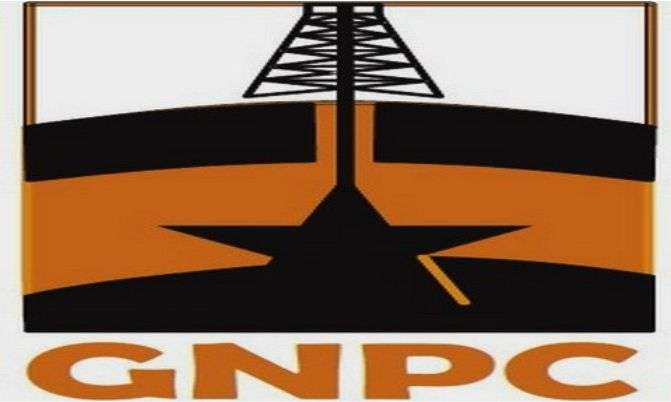The Public Interest and Accountability Committee (PIAC) is warning that the Ghana National Petroleum Corporation(GNPC) may not survive without government support if the government ceases to assist the Corporation after 2026, as stipulated by the Petroleum Revenue Management Act.
The PRMA states that the NOC is to be funded for 15 years following the start of commercial production of crude oil, after which it will no longer be supported with funds from the Petroleum Holding Fund.
This means that after 2026, GNPC will no longer receive funding from the PHF.
“One way for GNPC to be more resourceful, financially, while promoting autonomy and flexibility, is for the government to desist from imposing additional responsibilities and obligations on the Corporation”, it disclosed in a report titled “The Role of GNPC in the Upstream Petroleum Industry: Challenges and Prospects”.
The report continued that an additional way to ensure secured funds is for the GNPC to communicate and collaborate with the state and other stakeholders, such as regulators, investors, customers, employees, suppliers, and communities, to align their expectations and interests, and to secure their support and participation.
“While at this, the Corporation also needs to advocate for and influence the policies and regulations that affect their transition, and to demonstrate their contribution and value to society and the economy. It is therefore critical that the Corporation revises its strategy with this condition in mind while conducting its operations”, it pointed out.
Indebtedness of state and other government agencies
PIAC reported that as of the end of 2022, GNPC’s total guarantees and payment receivables amounted to $1.14 billion.
These represent payments and guarantees made on behalf of the Government of Ghana, State-Owned Enterprises (SOEs), national and local infrastructure projects, and outstanding indebtedness associated with gas supplied to the Ghana National Gas Limited Company.
PIAC added that the concerns gathered from its public outreach and engagements at the districts and regional levels (sub-national) suggest the fear by a section of Ghanaians that the Corporation is subject to political capture, which often compels it to undertake quasi-fiscal expenditures and advances to other parastatals which ordinarily should be the preserve of the central government.
ALSO READ:

